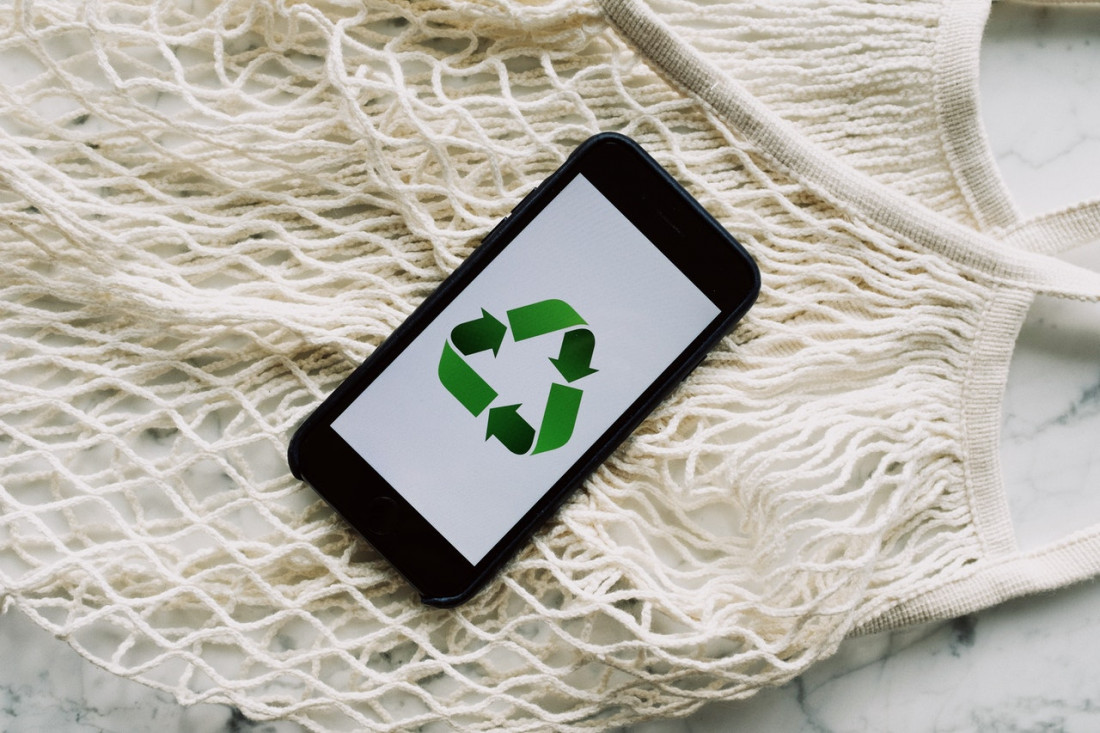Give or take a dime or two, today’s global chemicals market is worth $3 trillion. With money like that, comes great power, and profit, and the possibility to do so much to help humanity. And yet, such a huge sum is an advantage as well as a disadvantage.
An advantage, in that even small changes can lead to substantial gains, making research a practical investment. But a disadvantage in that analysis of such a huge sector is difficult, as it requires a great number of assumptions about quantities of products used and the values of revenue streams.
According to a report by IHS chemical, recycled chemical products replaced “several tens of billions of dollars’ worth of virgin chemical use during 2012”. This may be only a fraction of the total market value, but it is still an awful lot of money.
However, much of the end use of recycled chemicals is in new markets and applications that do not displace virgin raw materials. So for the large part, the value of the recycling figure market is only an estimate of the potential value of recycling.
Why is recycling important?
Recycling is important because it can save businesses money and create sustainability. Sustainability involves acting now to ensure the continued survival, indeed prosperity, of a business or industry – indefinitely.
This is increasingly necessary as population growth puts further strains on limited resources. In the modern world, consumer perception of ‘eco-products’, pressure groups and lobbyists and finally legislation all promote sustainability, and therefore recycling.
To expand recycling capability requires continued financial well-being, combined with long-term positive interactions with society and the environment. A tall order, given that for most companies, there is uncertainty about survival beyond the end of the year, and that businesses typically work to a five or ten year plan – not for an indefinite future.
Fortunately for the planet, recycling often also offers short term gains that are attracting more and more companies into considering changing long standing production methods.
How Does Recycling Affect the Chemicals Industry?
Recycling affects the chemical industry in many ways, but can generally be grouped into two categories:
- Business opportunities for profiting from recapturing the value of waste chemicals, both Post-production and Post-consumer.
- Business opportunities for cost avoidance through the safe disposal of waste products.
What Other Methods are Used to Reduce Waste?
Recycling is only one aspect of a green manufacturing system. Business leaders consider many ways to reduce waste including:
- Redesigning for minimal material use.
- Redesigning for component reuse.
- Redesigning for minimal generation of toxic materials.
- During manufacturing.
- During disposal.
- Increased use of materials which are commonly and easily recycled.
What are the problems of recycling?
Recycling is not without its drawbacks, as some techniques can actually create less waste, but more problems. This does not necessarily mean that recycling in these cases shouldn’t be done, but rather that efforts to solve these negatives should be undertaken. Some of these issues are as follows:
- Toxic product may be generated or concentrated during recycling of materials.
- Waste streams from recycling may be more problematic than the unprocessed waste stream.
- Infrastructure may need to be developed to accommodate certain recycled materials.
- Recycled materials may perform inferiorly to virgin materials and need to be carefully segregated from virgin materials at user plants.
- Imbalances in supply/demand for recycle streams can create significant problems with the overall economics of recycling.
- Government regulations may inadvertently create situations where oversupply in recycled materials exists.
What Affect does Recycling have on the Chemicals Industry?
Recycling affects the chemical industry in several major ways. Primarily, in that it reduces the net consumption of certain chemical inputs to manufacturing by returning recycled materials to the value chain.
However, it also generates markets for products used in the recycling process. Some of these will be similar to reagents and reactants used in the original production process, but others will be used solely in recycling.
End consumers can also create markets from their purchase of recycled products, as well as reduce market value by recycling at home.
Finally, firms may attempt to find markets for waste products, to generate additional revenue streams.
What Limits Increased Recycling?
The simple answer is ‘economics’.
When energy and raw material costs are low, there is less incentive to recycle materials, as the cost of recycling may not be as elastic as the price of virgin materials.
Frequently new sources of raw materials can be found and can go online sooner than recycling methods implemented. Thus there can often be a time lag between raw material price increases and the establishment of more environmentally friendly practices.
What is the Future of Recycling?
Efforts to reduce waste are longstanding, but experts predict that recycling will become an increasingly attractive option. This is due to an increase in the cost of waste treatment, particularly as government legislation is becoming more stringent – consider the introduction of the EU’s REACH policy and the costs increase of using or disposing of toxic substances.
Similarly, fluctuating energy costs have created a demand for more sustainable sources of products.
Ultimately, recycling rates will increase over the next decade due to growing scarcity—and increasing prices—for many chemical raw materials, particularly metals. Businesses with a high use of these products should consider recycling as an option in the short, medium and long terms.
Do you think you should too?

